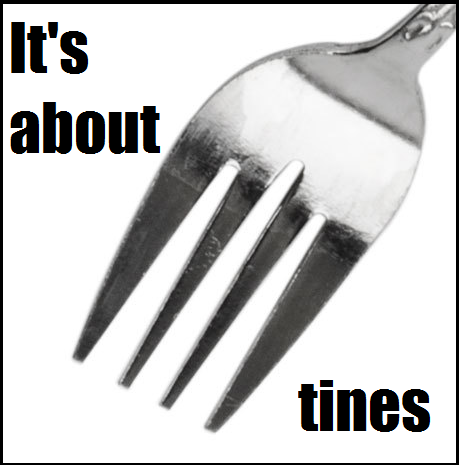That said, please allow me to address the last thing first, as I dare not take an invocation of the PPC Constitution lightly.
I admit that I can be very blunt in the way I word things. In VixenMage's specific case, I see that I have been offensive. However, I honestly do not think that I have been attacking anyone in this thread. All I have been doing since the second I entered into this conversation is respond to opinions and give my stance, unpopular though it may be. If I have attacked anyone, please make it clear and I will unqualifiedly apologize.
That said, please allow me to contradict something in your post:
"I realise I really upset you when I bullied you into revealing something deeply personal,"
I must object to your characterization of what I did. I specifically said in my post: "However, I am risking being insensitive with those last two clauses, so for respect's sake, I will refrain from pushing the topic any further, and I apologize if I have offended you, VM."
Granted, in hindsight, I could have been clearer, but I had intended to mean that I was not pushing VM to answer and that I was not expecting VM to answer. And when VM did and revealed that it was a sore topic, I apologized for the hurt I caused.
Granted, in hindsight I should have just given an apology with nothing else. Therefore, I apologize again: I'm sorry, VixenMage.
Those things said, please allow me to counter your arguments, hS. I'll work backwards:
Hi! I live in Europe! I have never been forced to go to a gay wedding; I have never been forced to have gay sex; I have never been forced to observe gay sex; I have never been forced to write articles in favour of gay people; I have never been forced to do literally anything except for not try to impose my own view of the world on people who don't share it.I am not arguing that anyone would be forced to do any of the things that you mentioned, nor am I (or any conservative, as far as I know) trying to argue that all those things are or will be the case. But I still believe that my original point still stands: my right to believe as my faith dictates, live according to that belief, and share that belief with others (without trying to impose it on anyone or shove it down anyone's throat, of course) stands in stark contradistinction with what has now been declared a federal right. Would a Catholic charity, for example, be forced to allow adoptions to gay couples? Litigation is on the horizon, and I fear what it may portend...
'Anyone at the front lines'? What, like... the people who were fighting 'tooth and nail' to be allowed to marry the people they love?
No?I will not belabor the point, as
I have already stated my thoughts elsewhere on this thread, but to summarize: You see it as "being allowed to marry the people you love," I see it as "redefining marriage, and foisting that redefinition upon a divided populace by judicial fiat." But since both
[EvilAI]UBEROverlord and
VixenMage bring up possible counterarguments to my "redefinition" argument, I do not want to speak any further on that point until I know a bit more about it. Perhaps I am indeed wrong. But I do not want to say anything further here without looking further into the matter.
You mean the people who were fighting to control other people's lives?I honestly do not know what you are getting at here. No one is trying to control any homosexual's life. No one is trying to make the government force gay people back "into the closet," so to speak. No one is trying to persecute them by force of law.
Before the ruling, conservatives and liberals theoretically stood on equal footing, competing for acceptance in the marketplace of ideas. But now one worldview has taken the fore, not because their cause has gained ascendancy in popular opinion, but because it has gained ascendancy in the minds of five out of a panel of nine judges.
That said, as I mentioned to [EvilAI]UBEROverlord, if you want to continue this conversation, please feel free to e-mail me. I would not want to further lengthen this thread, especially since it will drop off the front page before long.
Of course, please reply if you have anything further to say regarding the PPC Constitution or my alleged bullying. I like being a part of the PPC community, and I want to continue being a respectful, productive member of this Board. I certainly do not want to do anything to endanger that.




